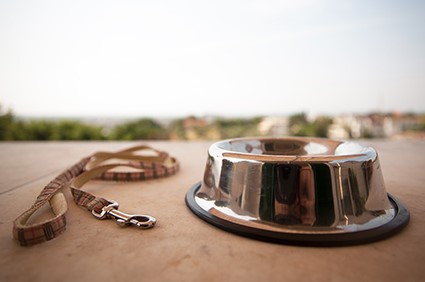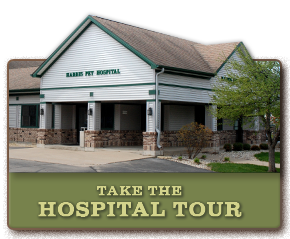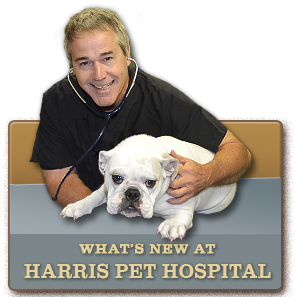Coping with Pet Loss and Grief
Sadly, everyone who cares for a pet will one day face the illness, old age or passing of their beloved animal friend. It is as natural and necessary to grieve for the loss of a pet as it is for any loved one who dies. And it is important to have compassion and support in one's time of grief. While grieving is an internal and private response, there are certain shared processes that most people experience. By understanding the grieving process, you will be better prepared to manage your grief and to help other family members who are also experiencing the pain of loss.

The Stages of Grief
There are many signs of grief, but not everyone experiences them all or in the same order. You may experience denial, anger, guilt, depression, acceptance and resolution. Your first reaction may be denial... denial that the animal has died. Denial is frequently the first stage of grief and is a normal coping mechanism that helps us cope with the loss. This reaction may occur even before death, when you first learn the extent of your animal's illness or injuries. Often, the more sudden the death, the more difficult the loss is to accept.
Anger and guilt often follow denial. This anger can be directed toward people you normally love and respect, including your family and your veterinarian. People will often say things that they do not really mean, perhaps hurting those whom they do not mean to hurt. You may feel guilty or blame others for not recognizing the illness earlier, not doing something sooner, not being able to afford other types of treatment, or for being careless and allowing the animal to be injured.
Depression is also part of the range of emotions experienced after the death of a loved animal. This is the period when you usually feel the greatest sense of loss. The tears flow, there are knots in your stomach and you feel drained of all your energy. Day-to-day tasks can seem impossible. Sometimes you may even ask yourself if you can go on without the animal. The answer is yes, but there are times when special assistance may be helpful.
Acceptance of a new reality is a sign that we are ready to move forward. Eventually, you will come to terms with your feelings. While you will still feel the pang of loss, you can begin to resolve and accept your pet’s death. When you have reached resolution and acceptance, the feelings of anger, denial, guilt and depression may reappear. If this does occur, the intensity of these feelings will be much less, and with time, these feelings will be replaced with fond memories.
Although the symptoms of grief are felt whether the loss is of an animal or a human loved one, grieving is a personal process. Some people take longer than others to come to terms with denial, anger, guilt or depression, and each loss is different. If you understand that these are normal reactions, you will be better prepared to cope with your own feelings and to help others face theirs. Family and friends should be reassured that sorrow and grief are normal, natural responses to death. They may not understand. Well meaning family and friends may not realize how important your animal was to you or the intensity of your grief. Comments they make may seem cruel and uncaring. Be honest with yourself and others about how you feel. If despair mounts, talk to someone who will listen about your pet and his/her illness and death. Talk about your sorrow, but also try to recall the fun times you and the animal spent together, the activities you enjoyed and the memories that are meaningful.
If you or a family member has great difficulty in accepting your animal's death and cannot resolve feelings of grief and sorrow, you may want to discuss those feelings with a person who is trained to understand the grieving process and who understands the pain associated with losing a pet. Your veterinarian certainly understands the loving relationship you have lost and may be able to suggest local animal loss support groups and hotlines, grief counselors, clergy, social workers, physicians or psychologists who can be helpful. Talking about your loss will often help ease your pain and comfort your heart.




